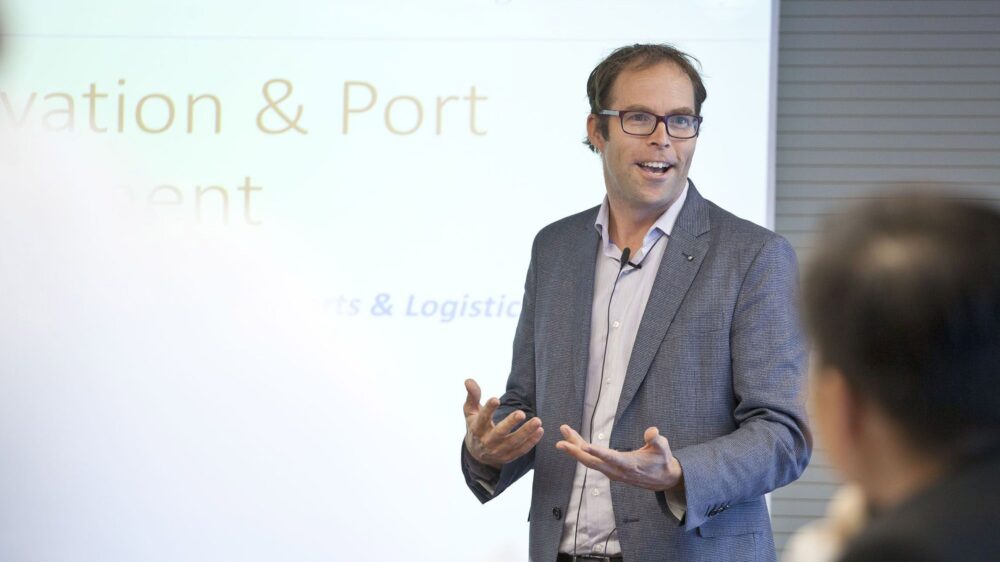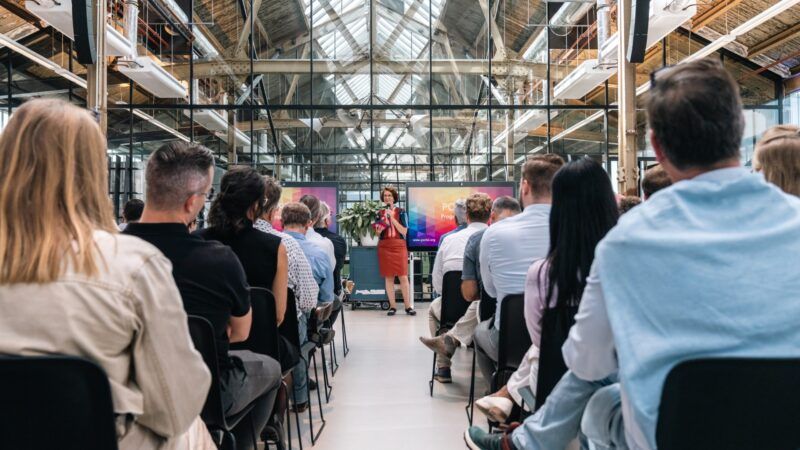We took advantage of the opportunity to chat with the professor and port strategy consultant on what role he thinks ports play in the circular, collaborative, sustainable economy, which the most advanced cities are starting to develop. For Dr de Langen, the port ecosystem should have four elements: a transport hub that integrates all modes of transport, not just maritime; an industrial complex that serves the region's needs in terms of raw materials and provides facilities to attract international traffic; a logistics hub that provides value-added services; and an area for tourism and leisure, as well as offices, with services for cruise and passenger traffic.
International sea transport is constantly changing, with the merging of the big shipping lines and, therefore, a concentration of decision-making centres. In your opinion, are ports successfully adapting to this situation of permanent uncertainty?
The maritime industry is always evolving and maritime business is adapting to the constant changes in the global economy. From now on, port development plans should be designed in conjunction with industrial, logistics and tourism clusters, as their activity will overlap more and more with that of the port. I believe that ports will become a driving force for the new economy that is arising in many cities, participating more actively in all sectors and getting involved in the transition towards the circular economy and sustainable growth.
How will this transition come about?
The key element behind this change is governance. The port landlord must be able to properly address the needs of clients, users and the organisation. This governance must be in the hands of commercial institutions with a clear view of what the port should be in the middle and long term. Institutions I call port development companies.
 Peter de Langen attended the last edition of The ChainPort Academy, held in Barcelona. [Image: Port of Barcelona]
Peter de Langen attended the last edition of The ChainPort Academy, held in Barcelona. [Image: Port of Barcelona]
 Peter de Langen attended the last edition of The ChainPort Academy, held in Barcelona. [Image: Port of Barcelona]
Peter de Langen attended the last edition of The ChainPort Academy, held in Barcelona. [Image: Port of Barcelona]



![The Port of Rotterdam has started its energy transition to reduce the use of fossil fuels. [Image de Sascha Hormel]](https://piernext.portdebarcelona.cat/wp-content/uploads/2018/05/piernext-peter-de-langen-port-rotterdam.jpeg)



